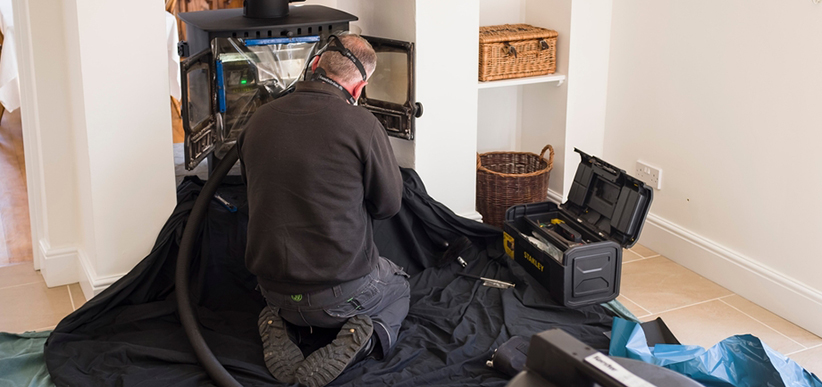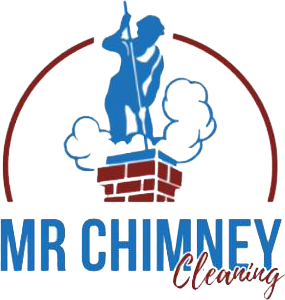Chimney Inspection
Chimney inspections are important for a number of reasons. You may not know it, but your chimney can be causing you problems if it’s not properly maintained. There are many things that can go wrong with your chimney and they could result in serious injury or even death. The good news is that there’s an easy way to protect yourself: annual inspection by a qualified professional!
Why You Should Have Your Chimney Inspected Each Year
Chimney fires can be a serious hazard, and if you don't know how to inspect your chimney and make sure it's in good condition, it could cause significant damage to your home.
Safety is also an important consideration. If there's a problem with your fireplace that needs attention, getting it checked out before the season starts will help prevent accidents from happening during wintertime heating months.
Finally, if you have any concerns about the condition of your fireplace or its ability to keep up with all this cold weather coming down on us soon (it's already been one helluva winter), then having an annual inspection done by professionals is highly recommended!
How to Find a Qualified Professional
- Look for a professional who has been in business for a long time.
- Ask how long they have been doing chimney inspections and what kinds of training they have had.
- Make sure the person you are talking with is licensed and insured by your state or province, if applicable.
- Cleaning the inside parts of the chimney
- Cleaning around the fireplace
If you are still not sure about the person inspecting your chimney, ask for a copy of their credentials. If they are not willing or able to provide this information, you may want to look elsewhere for an inspection. You can also contact your local chapter of the chimney sweepers association and see if they have any complaints on file.

What You Should Do During An inspection
It's important to remember that the inspector is there to help you. If you have a question, don't be afraid to ask it—they'll be happy to answer it!
During your chimney inspection, you might be asked to do things like opening the flue. The inspector will ask you to open the flue and look inside it for any signs of damage or dislocation. Make sure that there are no obstructions in the path of their light source when they're inspecting your fireplace (this could cause them trouble). They'll also want to make sure that there are no birds nesting in there somewhere—if there is a nest, it will likely have eggs!
If possible, hold onto these items while they examine each section of flue separately so they can get an idea of what's going on with all sides at once rather than just one area at a time like we did above (we had only enough space for two people).
If your flue is unlined, they will likely want to see if it's been treated with a fire retardant. If it hasn't, they may recommend that you do so.
When they're done inspecting your chimney, make sure they write down their findings in the inspection report and sign their name on it. Then email or fax it back so that we can proceed with repairs if necessary (or send us an electronic copy).
If you have any questions about chimney repair or inspection, feel free to give us a call at (phone number). We look forward to hearing from you!
Common Things that Can Go Wrong with Your Chimney
Fire hazard
If you have pets, keep them from using this area as an escape route. The last thing you want is for them to get stuck in there, or worse yet, set something ablaze!
Leaks
Make sure to check for any leaks around the chimney before using it as an escape route by looking at all sides of it and seeing if anything looks like it might be leaking onto other surfaces below (like wood flooring). This may also indicate that there's damage somewhere else in your home that needs repair before continuing on with this task.
Mold growth
You'll want to clean off any mold growth from around your chimney regularly so nothing gets pushed into living spaces surrounding it (and vice versa). If left unchecked over time this could cause health problems for those who live nearby such as respiratory issues caused by breathing in spores during outdoor activities such as gardening or playing outside with children who play outside all day long year round!
